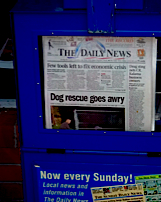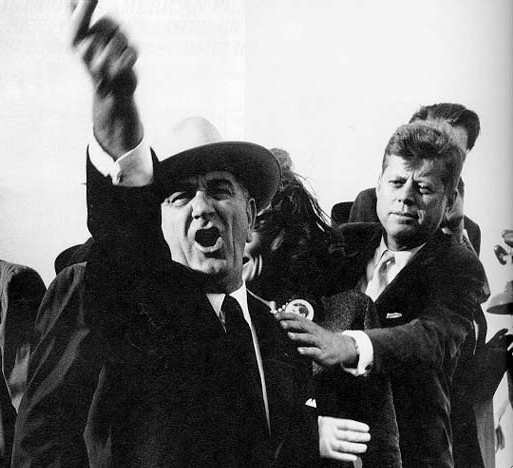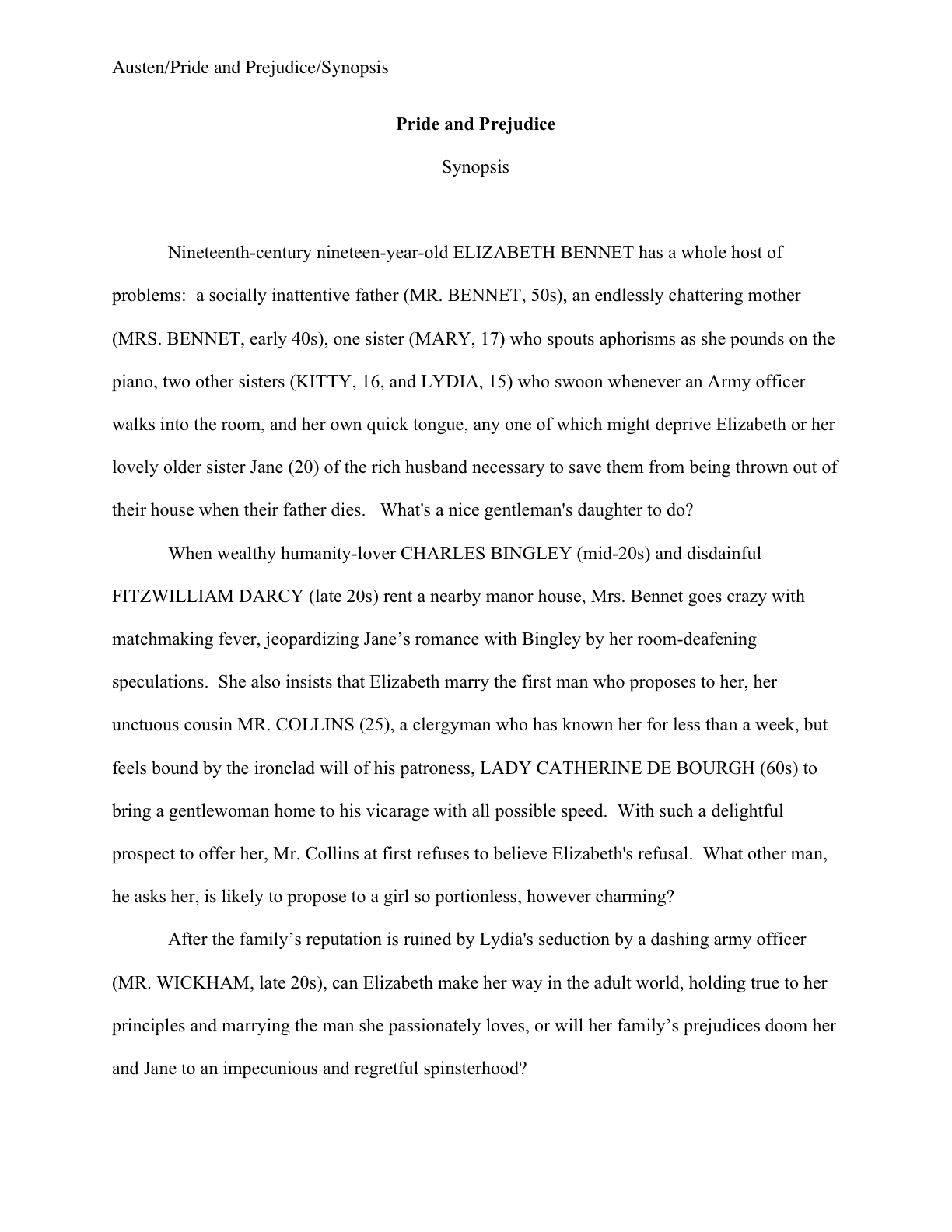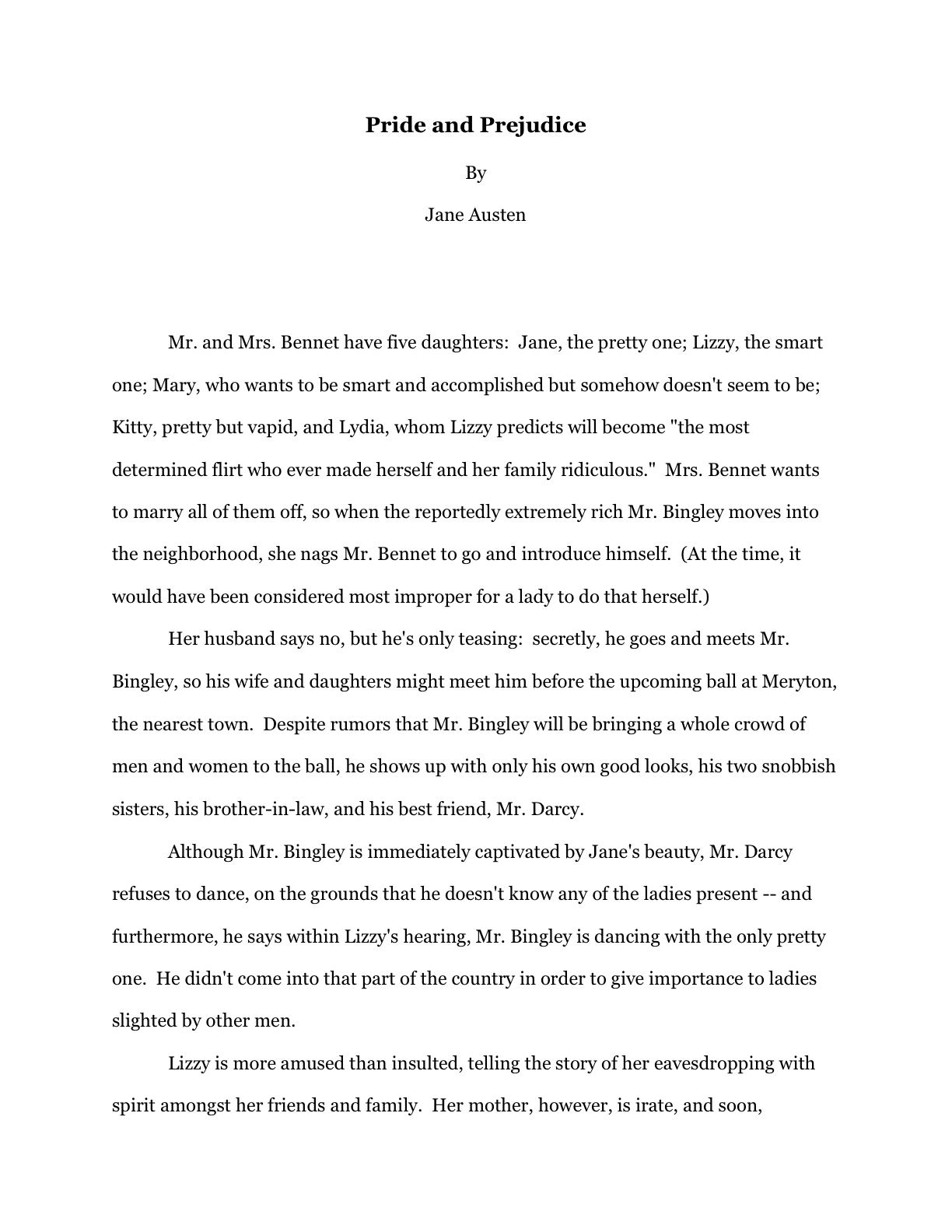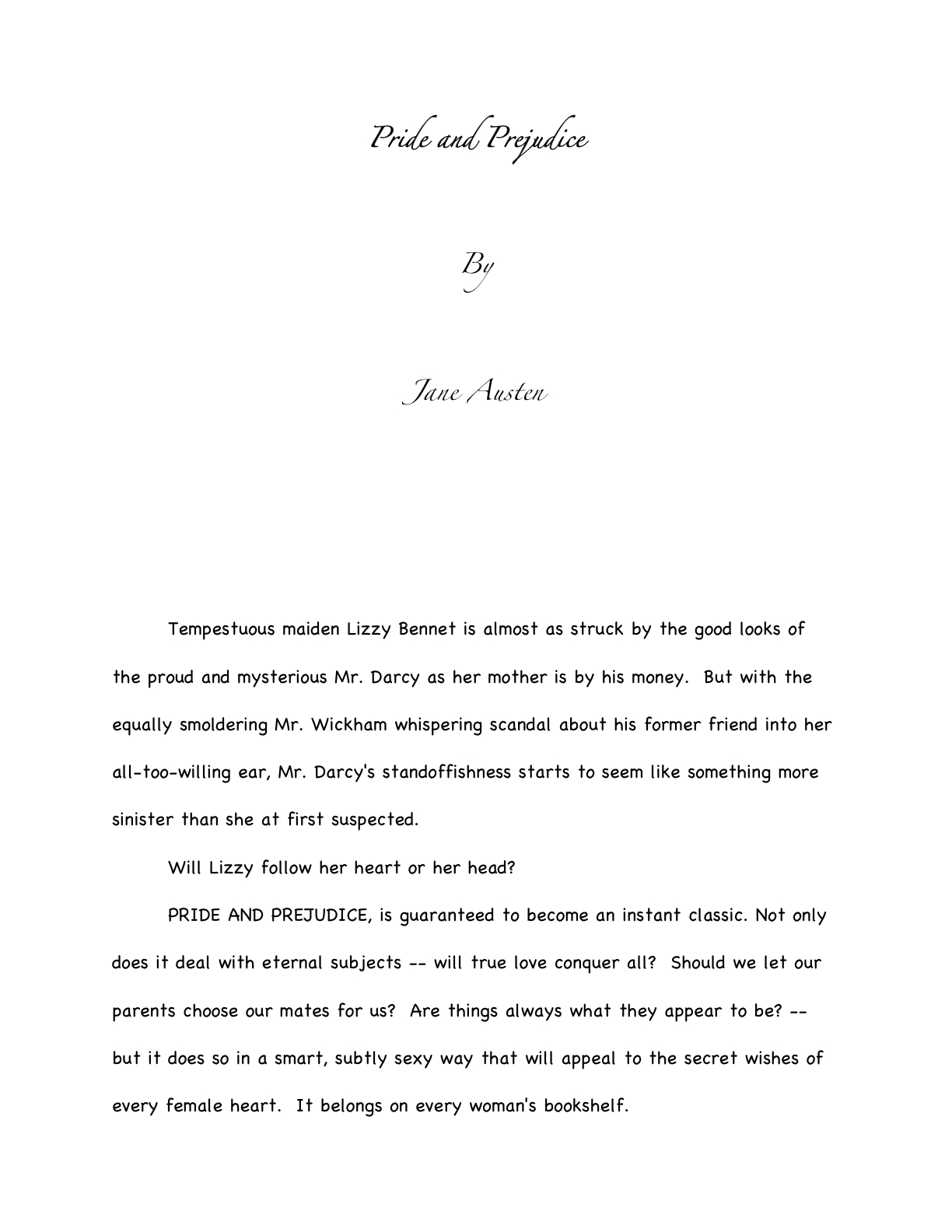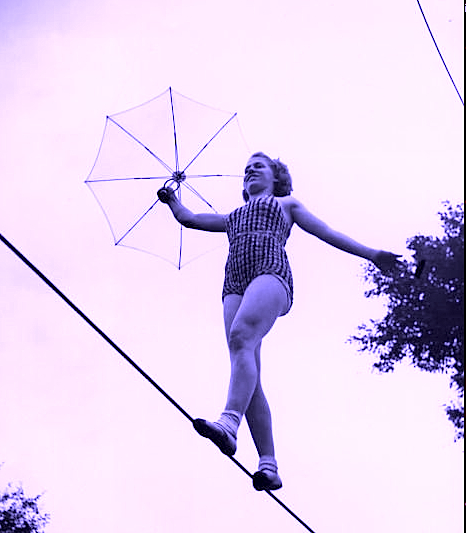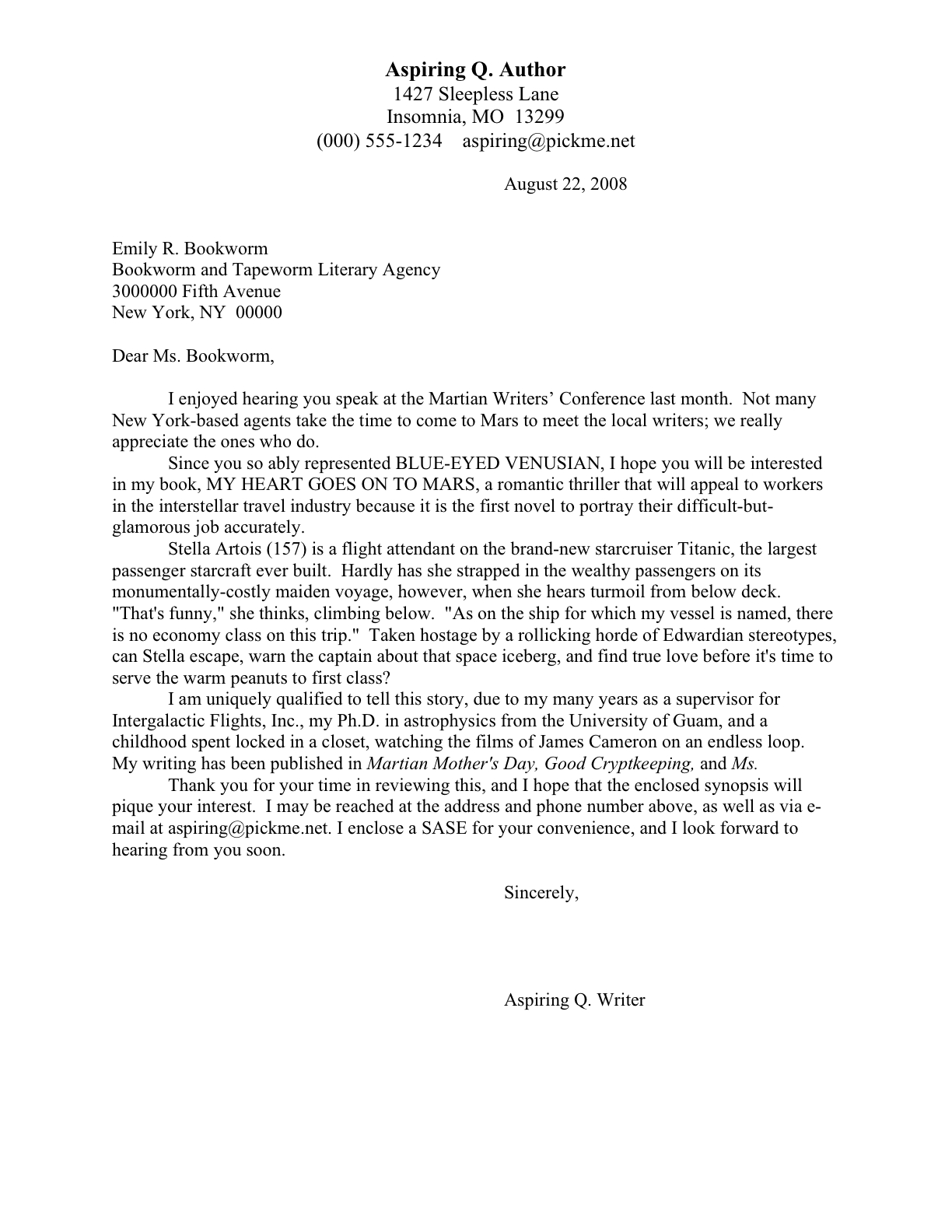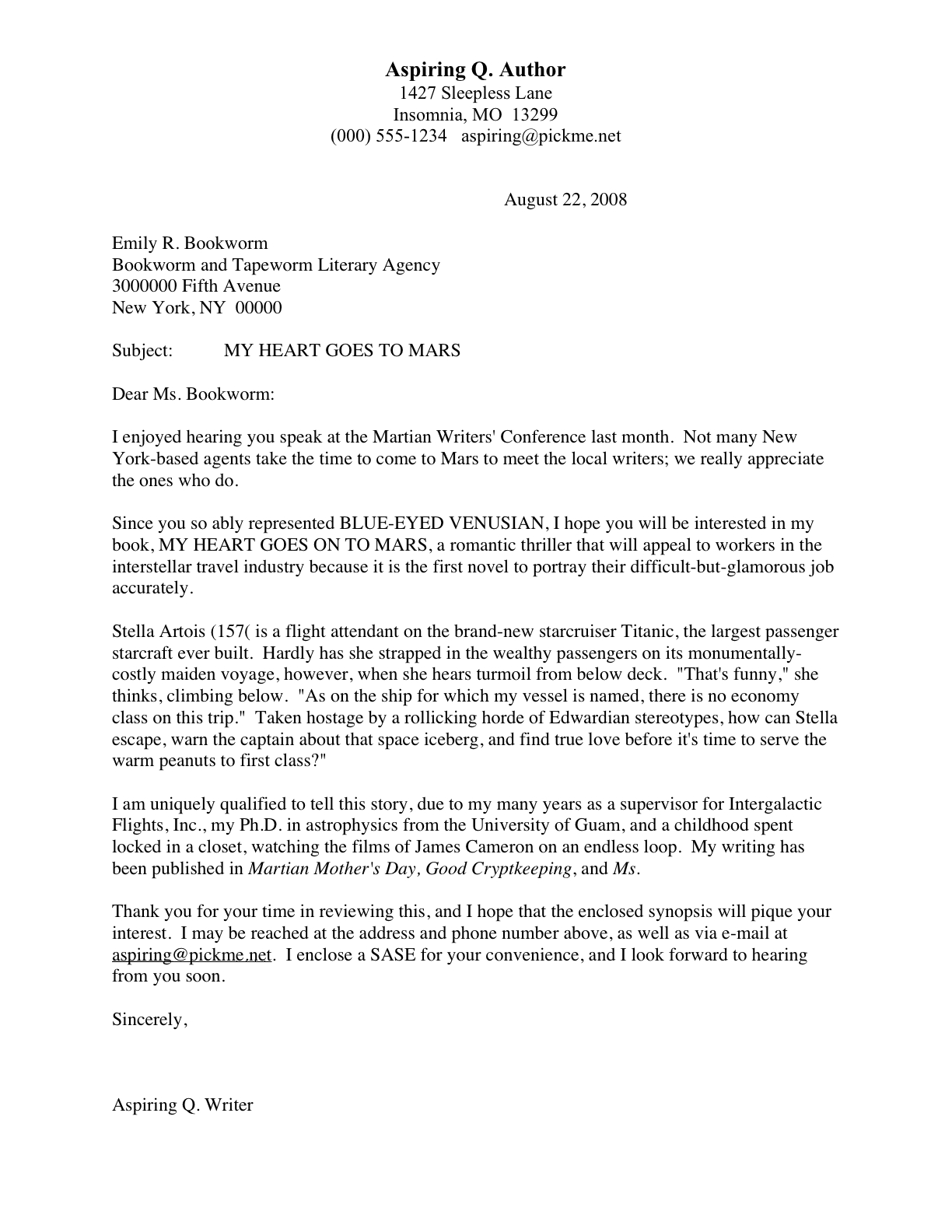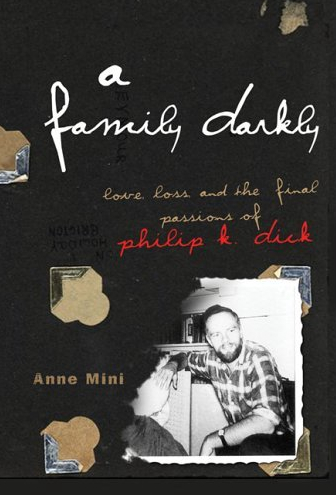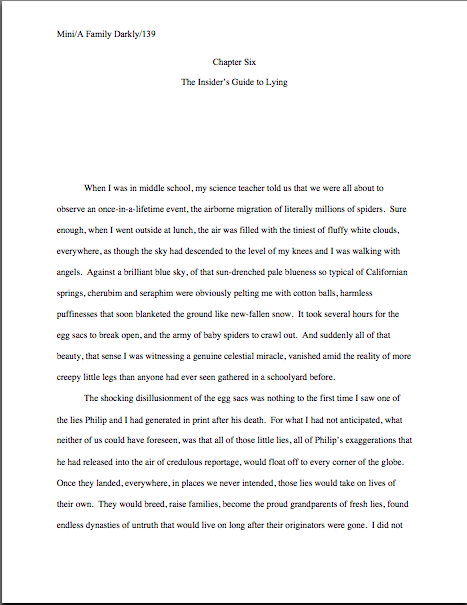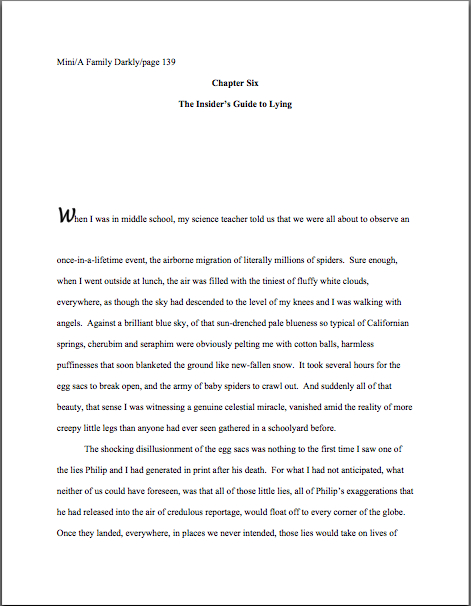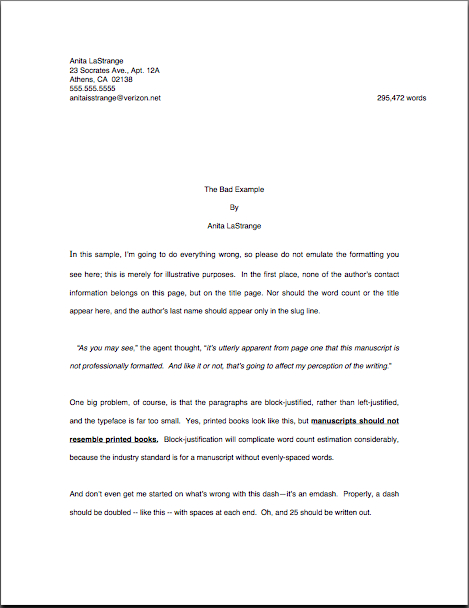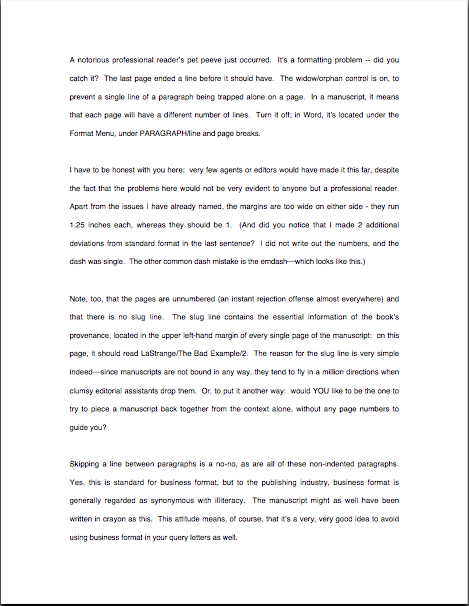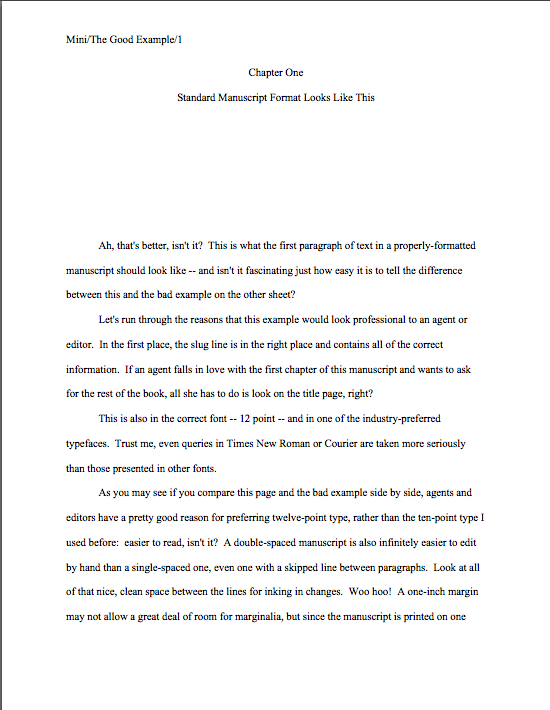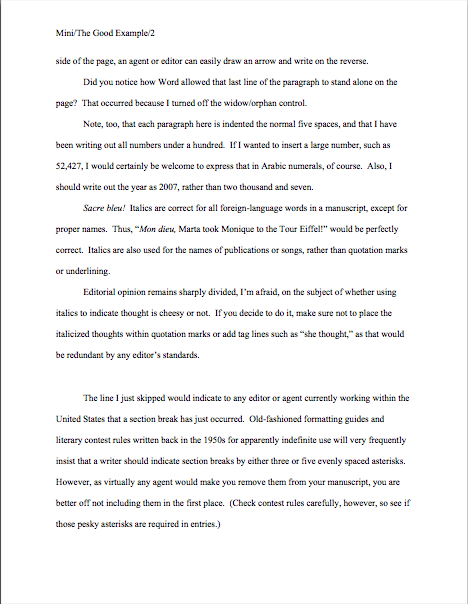Happy the one whom the muses love,
the one from whose lips language flows sweet.— Hesiod
I thought about you the other night, readers, while I was listening with what I will admit was great pleasure to a certain acceptance speech…
Okay, before I go on, I should stop and say: I am not bringing this up to invite political debate. In the interests of making this site as accessible to as broad a range of writers as possible, I have a general policy of discouraging two types of discourse here at Author! Author! — I remove any language that would not be appropriate for the family hour, if you catch my drift, and I avoid discussion of political beliefs, mine or other people’s. However, I’m going to make an exception today.
Why? Well, the speechwriters made me do it: did you catch the narrative problem in the president-elect’s speech, a classic storytelling no-no, one we have discussed at some length here in the past? Say, in its primary illustrative anecdote?
Yes, decades of editing manuscripts does warp how one hears things. Why do you ask?
I refer, of course, to the anecdote about 106-year-old Georgia voter Ann Nixon Cooper. An inspirational story, undoubtedly, and an apt one for the occasion — which is precisely why it bugged me that it was not presented in a more effective manner. More importantly for our purposes here, its narrative problem is one to which submitted manuscripts are notoriously prey.
So let’s take an instructive walk through the text of the anecdote, shall we? (Word to the wise: ignore the misused semicolons; they’re not the biggest problem here.)
“She was born just a generation past slavery; a time when there were no cars on the road or planes in the sky; when someone like her couldn’t vote for two reasons — because she was a woman and because of the color of her skin. And tonight, I think about all that she’s seen throughout her century in America…At a time when women’s voices were silenced and their hopes dismissed, she lived to see them stand up and speak out and reach for the ballot…When there was despair in the dust bowl and depression across the land, she saw a nation conquer fear itself with a New Deal, new jobs, a new sense of common purpose…When the bombs fell on our harbor and tyranny threatened the world, she was there to witness a generation rise to greatness and a democracy was saved…She was there for the buses in Montgomery, the hoses in Birmingham, a bridge in Selma, and a preacher from Atlanta who told a people that “We Shall Overcome.”…A man touched down on the moon, a wall came down in Berlin, a world was connected by our own science and imagination. And this year, in this election, she touched her finger to a screen, and cast her vote, because after 106 years in America, through the best of times and the darkest of hours, she knows how America can change.”
Did you notice the narrative problem, one that substantially weakened the hearer’s (or, in this case, reader’s) sense of the protagonist? Anyone who reads manuscripts for a living would have. But admittedly, not all of us are blessed with Millicent’s ability to leap to conclusions about protagonists’ characters (big hint) from the word choices in the narratives they inhabit.
To see what this text would look like from a professional reader’s perspective, let’s highlight all of the verbs for which the admirable Ann was the subject:
“She was born just a generation past slavery; a time when there were no cars on the road or planes in the sky; when someone like her couldn’t vote for two reasons — because she was a woman and because of the color of her skin. And tonight, I think about all that she’s seen throughout her century in America…At a time when women’s voices were silenced and their hopes dismissed, she lived to see them stand up and speak out and reach for the ballot…When there was despair in the dust bowl and depression across the land, she saw a nation conquer fear itself with a New Deal, new jobs, a new sense of common purpose…When the bombs fell on our harbor and tyranny threatened the world, she was there to witness a generation rise to greatness and a democracy was saved…She was there for the buses in Montgomery, the hoses in Birmingham, a bridge in Selma, and a preacher from Atlanta who told a people that “We Shall Overcome.”…A man touched down on the moon, a wall came down in Berlin, a world was connected by our own science and imagination. And this year, in this election, she touched her finger to a screen, and cast her vote, because after 106 years in America, through the best of times and the darkest of hours, she knows how America can change.”
Did you catch it that time? No? Okay, let’s isolate all of those verb phrases — what do they tell you about the protagonist of this story?
She was born
she was a woman
she’s seen
she lived to see
she saw
she was there to witness
She was there
she touched her finger to a screen
she cast her vote
she knows
If you said, “Hey, wait a minute — these verb choices make our Ann seem like an awfully passive protagonist; the verb choices imply that she didn’t actually do anything until she cast her vote this year, as if she were merely an observer of the events of her time, rather than a participant in them,” give yourself a gold star for the day. Any professional reader would have derived this impression, too, simply from the word choices.
Fascinating, isn’t it, how much something as simple as the selection of verbs can affect a reader’s perception of a character? Especially, as in this case, when the verb choices are repetitive, conceptually as well as literally.
I’m going to be honest with you: this particular type of stultifying verb choice is so common in submissions that as an editor, I found myself thinking by the time the president-elect uttered the second passive verb in this anecdote, “Oh, please tell me that the first active thing she does in this story ISN’T going to be voting for him…”
Seriously, I did. Ask anyone who was sharing a room with me at the time.
Passive verb choices don’t only affect the pros’ perception of a protagonist, however. As a reader (okay, originally a hearer), I would have found Ann’s story substantially more engaging had it depicted the protagonist doing more than just sitting around and observing. I would bet a nickel that a more active telling would be more factually accurate, too: wouldn’t you tend to assume that someone who has lived through such exciting times would have done some pretty darned interesting things over the course of 106 years?
That nagging feeling that the narrator is concealing interesting material is precisely why a novel, memoir, or NF piece with passive protagonist tends to grab Millicent and her fellow agency screeners far less readily than a telling of the same story that presents the protagonist as actively engaged in the depicted events.
Gripping protagonists DO, not just observe. Yes, even in NF anecdotes — and no, an exciting story does not necessarily an active protagonist make.
Do I sense some shifting in chairs out there, at least amongst copyright-huggers? “Um, Anne?” I hear some of you pointing out, and rightly. “I appreciate seeing a concrete example of a passive protagonist in action — if that’s not a contradiction in terms — but didn’t you use a pretty hefty chunk of someone else’s writing to illustrate your point? Is that kosher?”
Well caught, chair-shifters: a writer should always exercise caution in quoting the work of others.
I’m not a lawyer, so do run off and consult one who specializes in copyright law if you are a quotation addict, but US-based authors observe some basic rules of thumb that help the inclined-to-excerpt stay out of trouble. It’s generally accepted, for instance, that political speeches are fair game for excerpts — they are, after all, usually read aloud, so one could arguably quote from that, rather than the printed version — but with published writing not yet in the public domain, anything beyond 50 consecutive words pushes the boundaries of fair use.
Beyond that, you will need to request permission from the copyright holder. As in formally, in writing, and often in exchange for payment.
And yes, authors are usually responsible for obtaining copyright permission, not publishers — and these days, the former are almost always the ones who end up paying for the rights, too. Sorry to be the one to break that to you.
Oh, and if you wish to use an excerpt of ANY length from a song’s lyrics, you will need to obtain formal permission. (For an interesting and amusing description of just how difficult that can be, please see FAAB Joel Derfner’s guest blog on the subject.)
While we’re talking about copyright protection — aren’t you glad that you brought it up? — this seems like a good time to announce that I have decided to reverse my long-standing position on whether NF writers should register the copyright for their book proposals and sample chapters before submitting them to agents and publishing houses. In the past, I have not pushed it; it seemed like an unnecessary expense added to a promotional process that can be quite expensive for the writer.
I am reversing that position, in light of recent events: I now believe that it is in a US-based NF writer’s best interest to register the copyright for a book proposal, sample chapter, and related promotional materials prior to submission, if s/he can possibly afford it.
Don’t worry, though: the last time I checked, it cost a grand total of $35 if you register your work online. Even if you elect to register via mail, it merely involves filling out a one-page form.
More of you are shifting in your chairs anyway, though, aren’t you? “But Anne,” some long-term Author! Author! readers point out, and who can blame them? “The last time you went over copyright issues — recognizing that you’re not a lawyer, of course, but were only expressing opinions based upon your personal experience in the series of posts beginning here — I derived the impression that a writer owns the copyright to his work as soon as he writes it; the registration process is merely the legal confirmation of that fact. Is that not true anymore?”
Well, those of you who are worried about it would do well to consult an attorney well-versed in this area, but as far as I know, copyright does inherently rest with the author. Registration is the best way to enforce that.
For many types of manuscripts, enforcement is virtually never necessary. For novels and other books where the writing, rather than the subject matter per se, is the primary selling point, or for memoirs, where the author is the only person on the planet who can tell that particular story from that perspective, it’s unlikely that authorship would ever be a matter of debate.
NF proposals are a rather different kettle of fish, however: while a proposal’s writer obviously owns her own writing — synopsis, sample chapter, the annotated table of contents that sets out the planned book’s structure, etc. — it would not be technically impossible for another writer to co-opt a topic after a proposal is written. It’s not beyond imagining, for instance, that someone who reads a fabulous book proposal could try to run off with a beautifully fleshed-out concept, passing it off as her own. Or, heaven help us, for an agent to say, “Hey, that’s a great book concept!” and hand it to a better-established author.
If your heart just stopped, shouldn’t you be calling 911, instead of reading on?
I’m not saying that this happens often — thank goodness, it seems to be exceedingly rare, even in these ethics-trying tough economic times — but frankly, the authorial grapevine has been buzzing with some pretty astonishing stories these days. In some of them, I can’t help but notice that writers who were active protagonists, guarding their own interests zealously, seem to be enjoying happier endings than the passive ones who merely sat around observing changing conditions around them.
Again, I’m the last person that anyone should ask for legal advice, of course. I’m just saying that when I hear these stories, I’m very glad that I have been an active protagonist in my NF books’ storylines.
Watch those verb choices, everyone, and keep up the good work!
